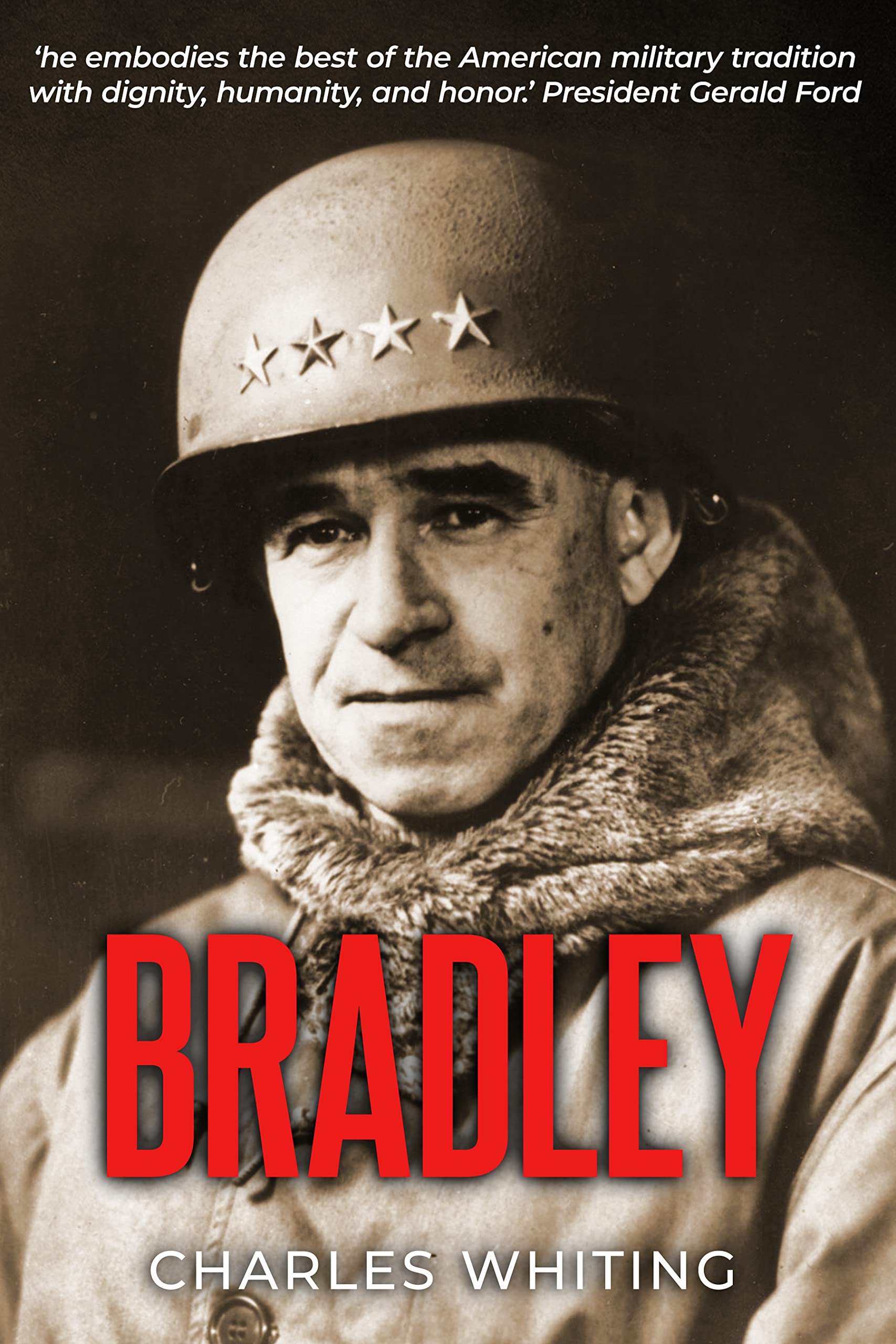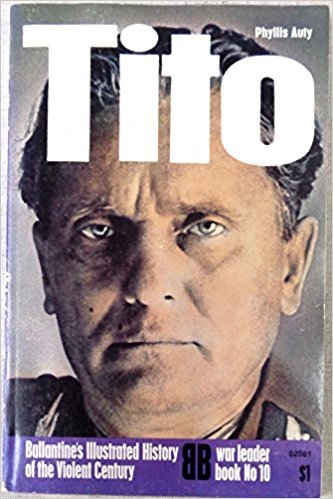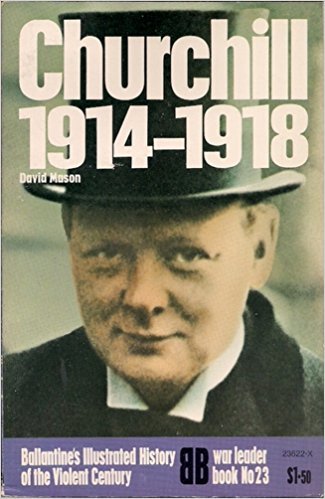


Books in series

Patton
1970

MacArthur
1971
Hitler
1971

Stilwell
1971

Bradley
1971

Mountbatten
1971

De Gaulle
1972

Goering
The Rise and Fall of the Notorious Nazi Leader
1964

Eisenhower
1972

Tito
1970

Skorzeny
1972

Slim
1973

Himmler
1970

Student
1973

Churchill
1972

Goebbels
1973

LAWRENCE
1973

Guderian
1973

Stauffenberg
1973

Heydrich
1973

Churchill 1914-1918
1973

Yamashita
1973

Rundstedt
1974

Halsey
1974

Rommel
1974

Montgomery
1974

Tojo
1975

Stalin
1900
Authors


Charles Whiting was a British writer and military historian and with some 350 books of fiction and non-fiction to his credit, under his own name and a variety of pseudonyms including Ian Harding, Duncan Harding, K.N. Kostov, John Kerrigan, Klaus Konrad, and Leo Kessler. Born in the Bootham area of York, England, he was a pupil at the prestigious Nunthorpe Grammar School, leaving at the age of 16 to join the British Army by lying about his age. Keen to be in on the wartime action, Whiting was attached to the 52nd Reconnaissance Regiment and by the age of 18 saw duty as a sergeant in France, Holland, Belgium and Germany in the latter stages of World War II. While still a soldier, he observed conflicts between the highest-ranking British and American generals which he would write about extensively in later years. After the war, he stayed on in Germany completing his A-levels via correspondence course and teaching English before being enrolled at Leeds University reading History and German Language. As an undergraduate he was afforded opportunities for study at several European universities and, after gaining his degree, would go on to become an assistant professor of history. Elsewhere, Whiting held a variety of jobs which included working as a translator for a German chemical factory and spells as a publicist, a correspondent for The Times and feature writer for such diverse magazines as International Review of Linguistics, Soldier and Playboy. His first novel was written while still an undergraduate, was published in 1954 and by 1958 had been followed by three wartime thrillers. Between 1960 and 2007 Charles went on to write over 350 titles, including 70 non-fiction titles covering varied topics from the Nazi intelligence service to British Regiments during World War II. One of his publishers, Easingwold-based Rupert Smith of GH Smith & Son said he was a quiet man and prolific writer. "He's one of a band of forgotten authors because he sold millions of copies and still, up to his death was doing publishing deals.He was the kind of man who was very self-effacing, one of Britain's forgotten authors, still working at 80 years of age, with his nose down and kicking out books." Charles Henry Whiting, author and military historian died on July 24 2007, leaving his wife and son.

Martin Blumenson was a soldier in the US army, and a military historian, and a recognised authority on the life of Gen. George S. Patton Jr. Blumenson received a Bachelors and Masters degree from Bucknell University in Pennsylvania. He received a second master's degree in history from Harvard University. He also was an exellent pianist, performing at Carnegie Hall as a young man. He served as a U.S. Army officer in northwestern Europe during World War II. After the war he lived in France for a number of years, where he met his wife of 55 years, Genevieve Adelbert Blumenson, who died in 2000. Blumenson again served with the U.S. Army during the Korean War, and later worked in the Office of the Chief of Military History until 1967. After this he became an adviser on civil disorders for the Johnson administration.

Arthur Horace Swinson (1915–1970) was a British Army officer, writer, playwright, and historian. A prolific playwright, he authored more 300 works. Swinson was born in St Albans, Hertfordshire, to Hugh Swinson and Lilla Fisher Swinson. He attended St Albans School. He enlisted in the Rifle Brigade in 1939 and in 1940 was commissioned into the Worcestershire Regiment. In the Far East, he fought at the 1944 Battle of Kohima as a staff captain with the British 5th Brigade, which commanded the 7th Battalion of his regiment. The diaries he kept during the battle are now lodged in the Imperial War Museum. He served until 1946, with postings in Malaya, Burma, Assam and India during World War II. In 1949, he subsequently became a writer and producer at the BBC where he produced a number of programmes for Richard Attenborough. In 1966, Swinson wrote and published "Kohima," an account of the Battle of Kohima which was fought from April to June 1944 and in which he was a participant. The preface states that Field Marshal William Slim directed Swinson to ensure that Kohima and Imphal are described as twin battles fought under Slim's 14th Army. This Swinson does. Ultimately, however, the book focuses on the experience of the British 2nd Infantry Division. The book is a good adjunct to Slim's "Defeat into Victory" and Masters' "Road Past Mandalay." Swinson was the author of "Scotch on the Rocks" (1963 and 2005), which told the true story of the wartime wreck of the SS Politician, on which Compton Mackenzie's novel "Whisky Galore" (1947) – and the Ealing Comedy of the same title – were based. He died in Spain while on vacation, aged 55. He was survived by his wife, Joyce Budgen, and their three children.